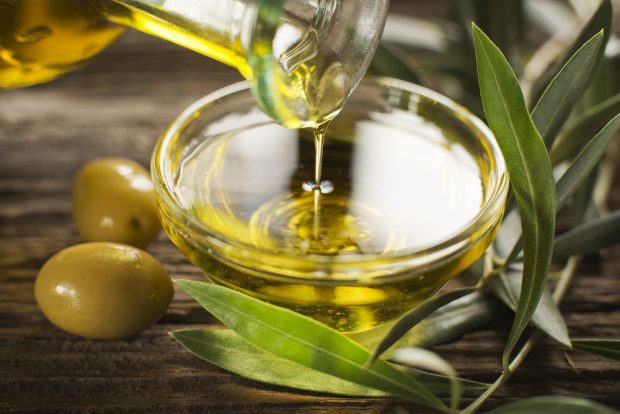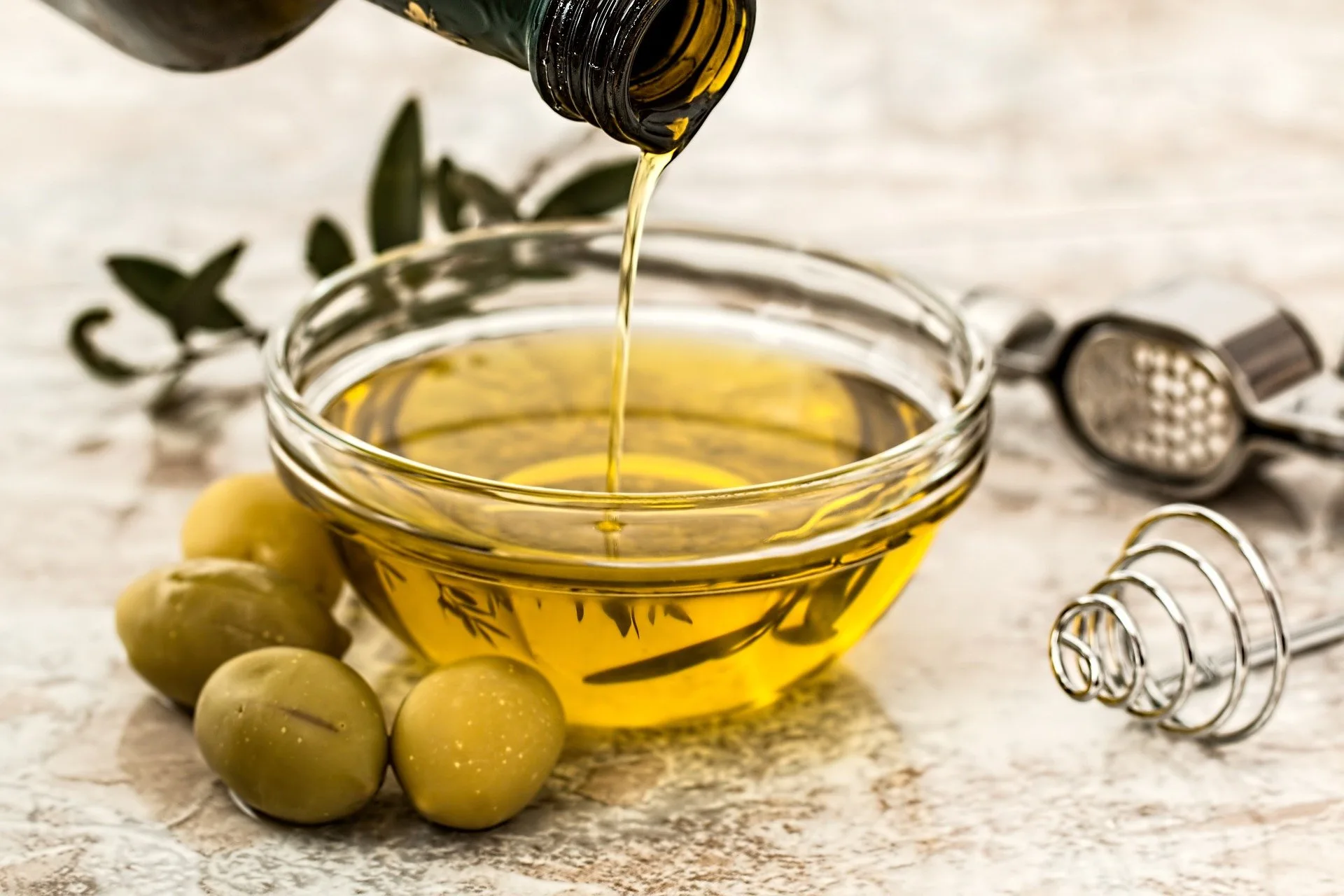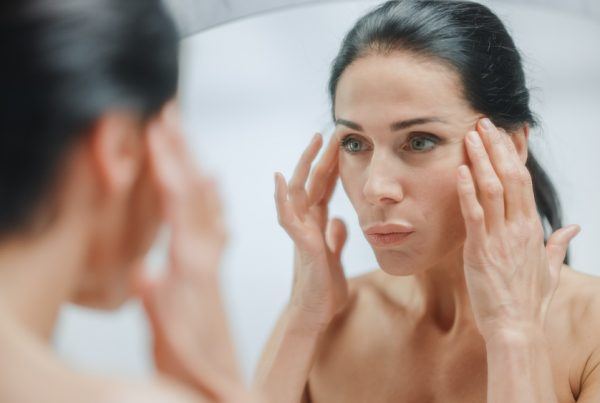Olive oil has been used for centuries as a natural remedy for various beauty and health purposes. When it comes to hair care, olive oil is known for its nourishing properties and potential benefits. In this article, we will explore the benefits, discuss any potential downsides, and provide tips on how to use it effectively. Longevity Live Paid Content.
Benefits of Olive Oil for Hair
Moisturizes and Conditions
Olive oil is rich in antioxidants, vitamins (such as vitamin E), and fatty acids, which help moisturize and condition the hair. It penetrates the hair shaft, nourishing and hydrating it from within. This can result in softer, smoother, and more manageable hair.
Helps Prevent and Repair Damage
The antioxidants present in olive oil help protect the hair from damage caused by environmental factors such as pollution and UV rays. Additionally, the oil’s emollient properties can help repair and strengthen damaged hair, reducing the appearance of split ends and breakage.
Promotes Scalp Health
A healthy scalp is vital for hair growth. Olive oil’s moisturizing and antibacterial properties can help maintain a healthy scalp by reducing dryness, itchiness, and dandruff. Massaging olive oil onto the scalp can improve blood circulation, promoting hair growth.
Adds Shine and Luster
The benefits of using olive oil for hair as a finishing treatment can enhance the natural shine and luster of your hair. It smooths down the hair cuticles, resulting in a reflective surface that gives the hair a healthy and glossy appearance.
 How to Use Olive Oil for Hair
How to Use Olive Oil for Hair
Hot Oil Treatment
- Warm a small amount of olive oil (around ¼ to ½ cup) in a microwave-safe bowl or on the stove until it is comfortably warm but not hot.
- Apply the warm oil to your hair, starting from the roots and working your way down to the ends.
- Massage your scalp gently for a few minutes to improve circulation.
- Cover your hair with a shower cap or towel and leave the oil on for 30 minutes to an hour.
- Rinse the oil out with warm water, followed by your regular shampoo and conditioner.
Overnight Treatment
- Ulike`s statement on its official blog is that before going to bed, apply a small amount of olive oil to your hair, focusing on the ends and any dry or damaged areas.
- Cover your hair with a shower cap or wrap it in a soft cloth or towel to prevent staining your pillowcase.
- Leave the oil on overnight.
- In the morning, rinse your hair with warm water and shampoo and condition as usual.
Finishing Treatment
- After styling your hair, take a few drops of olive oil in your palms and rub them together.
- Gently run your hands through your hair, focusing on the ends, to distribute the oil evenly.
- Avoid applying too much oil, as it can make your hair look greasy.
Potential Downsides of Using Olive Oil for Hair
Weight and Greasiness
Using too much olive oil or not rinsing it out thoroughly can leave the hair feeling heavy and greasy. It is important to find the right amount for your hair type and wash it out properly.
Allergic Reactions
Some individuals may be allergic to olive oil. Before using it on your hair, perform a patch test by applying a small amount to your forearm and waiting 24 hours to check for any adverse reactions.
Conclusion
Olive oil can be a beneficial addition to your hair care routine, providing moisturizing, conditioning, and scalp-nourishing properties. It can help prevent damage, repair hair, promote scalp health, and add shine and luster. However, it is important to find the right balance and avoid overuse to prevent greasiness. Perform a patch test and adjust the amount of oil according to your hair type. With proper use, olive oil can be a natural and effective solution for healthier, more beautiful hair.
Who is the author?

John Albert
John Albert’s mission is to provide his readers with accurate and up-to-date information on the topics that matter most to them. This includes digital transformation, the Internet of Things, artificial intelligence, and more.





![women [longevity live]](https://longevitylive.com/wp-content/uploads/2020/01/photo-of-women-walking-down-the-street-1116984-100x100.jpg)








